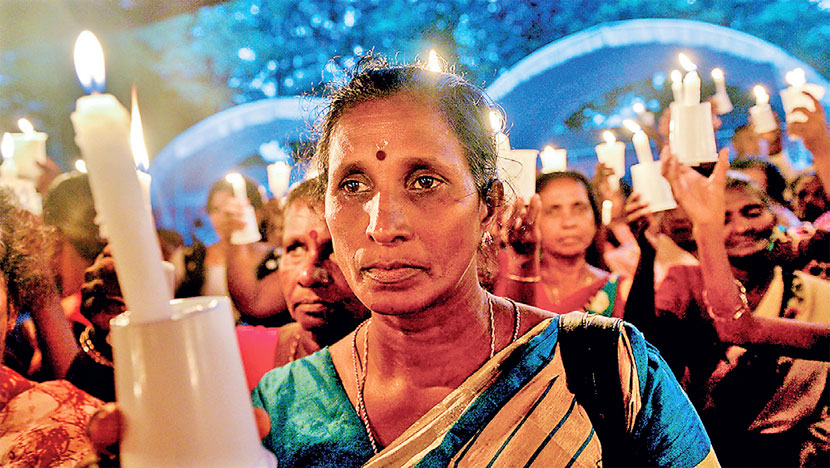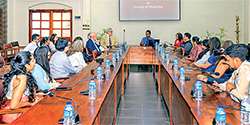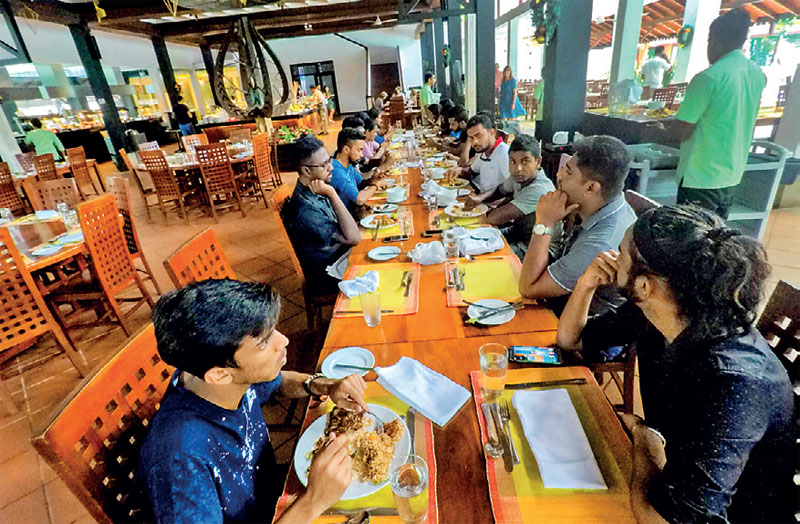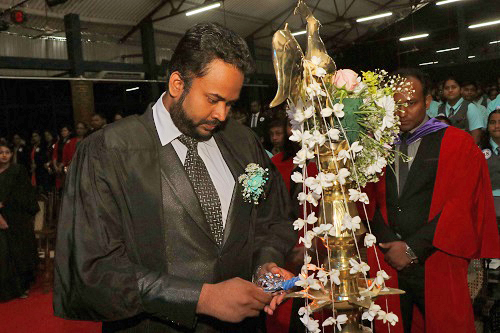Breaking down the Constitution of Sri Lanka

 Know your basics
Know your basics
The constitution rarely bothers the citizens, unless there’s an election, terrorist attack or a rapist and killer is released on bail. However, disintegrating the constitution into the laws and making sense out of it can be quite a task, a task that people don’t take time to do because most of it rarely applies to all of us in one lifetime. Let’s start at Chapter III – Fundamental Rights, quite intriguing as some of us may not know the basic rights we have.
Article 10 - Every person is entitled to freedom of thought, conscience, and religion, including the freedom to have or to adopt a religion or belief of his choice. Being a multiethnic and cultural country, throughout this year we have seen ethnic and religious tension between the different facets of our society. There may have been reasons which may have been logical at some point for people to start being emotionally enraged to point fingers and pick fights with groups. What people don’t realize when they start stereotyping groups of people, as a society, they interfere with each other’s basic rights. Without protecting each other’s rights, we are more or less an uncivilized group of homo sapiens who never really evolved.
Article 14 Freedom of speech and expression including publications Freedom to peaceful assembly Freedom to worship, observe, practice and teach their religion in public or private Freedom of enjoying one’s own culture and language Freedom of engaging in a lawful occupation, trade, business, profession or enterprise Freedom of movement and choosing a place for residing and returning back to the country If you are on social media, it would’ve been apparent on how people use Article 14 freedom of speech to spread so much hate speech, rumours and false news around. While freedom of speech is protected in this Article, hate speech and spreading false information can get you in trouble. [Art. 15 (3)] Collecting a group of friends to talk about politics is protected within your rights. But, if you display placards, disrupt traffic and show aggressive behaviour due to any reason, it might not be safe for you to walk around the streets.
It doesn’t have to be politically motivated either, as long as your behaviour does not fall under peaceful, you’re not protected under the law. What “peaceful” means in law, is different from that of what is the dictionary. Just to be on the safe side, let’s not disrupt other people’s days by protesting in the streets. You are free to enjoy your employment or self-employment, given that your business is not manufacturing weapons, illegal drugs or anything that constitutes unlawful. If you feel like growing that herb in your basement might end you up in prison, you might be right, unless it’s a cactus or bonsai tree, the basement might not be the way to go, to grow lawfully accepted herbs.
Let’s check Chapter IV of the constitution – Tamil and Sinhala are the official languages for Sri Lanka, while English is only the linking language. [Art. 18 (1), Art. 18 (2)]. The National languages of Sri Lanka are Sinhala and Tamil (Article 19). The constitution is fascinating, as there are provisions that establish facts some of us wouldn’t have known unless the situation arises. Article 27 (2) states that the State is pledged to establish in Sri Lanka a Democratic Socialist Society, the objectives of which include, the realisation by all citizens of an adequate standard of living for themselves and their families, including adequate food, clothing and housing, the continuous improvement of living conditions and the full enjoyment of leisure and social and cultural opportunities (ss c).
If the state has pledged to realise the citizen’s standards of living, some of us wouldn’t have to buy incense sticks off of another some of us off the roads during traffic. The disparity of wealth distribution in the country can be put into scrutiny when comparing the ratio of the lower, middle, upper-middle and the high class (bourgeois) people. Reading the constitution isn’t always entertaining, but when breaking it down to cold hard facts, some of these rules, laws, and pledges seem futile as the people’s mere right to be treated as a human seem to be infiltrated. Knowing your basics can get you through tricky situations, let’s peruse through the book of rules again next week to see what other interesting facts we find!









































.jpg)
.jpg)
.jpg)
.jpg)
.jpg)

